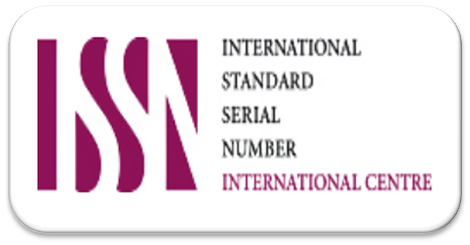Integritas Akademik Mahasiswa STABN Sriwijaya
Abstract
Keywords
Full Text:
PDF 161-168References
Firmantyo, Tyas dan Asmadi Alsa. (2016). Integritas Akademik dan Kecemasan Akademik dalam Menghadapi Ujian Nasional pada Siswa. Psikohumaniora: Jurnal Penelitian Psikologi, 1(1).
Gallant, Tricia Bertram dan Patrick Drinan. (2008). Toward A Model for Academic Integrity Institutionalization: Informing Practice in Postsecondary Education. The Canadian Journal of Higher Education, 38(2).
Jacob, David C. (2004). A Pragmatist Approach to Integrity in Business Ethics. Journal of Management Inquiry, 13(3).
Jahja, Adi Susilo. (2007). Integritas Akademik dalam Membangun SDM Profesional di Perguruan Tinggi: Kasus Academic Dishonesty STIE Perbanas. Jurnal Ilmu Pendidikan, 11(1).
Jiang, Hai, Lynne Emmerton, dan Leigh McKauge. (2013). Academic Integrity and Plagiarism: A Review of The Influences and Risk Situations for Health Student. Higher Education Research and Development, 32(3).
Kwong, Theresa, et.al. (2010). Students’ and Faculty’s Perception of Academic Integrity in Hong Kong. Campus-Wide Information Systems, 27(5).
McCabe, Donald L., Linda Klebe Trevino, dan Kenneth D. Butterfield. (1999). Academic Integrity in Honor Code and Non-Honor Code Environments. The Journal of Higher Education, 70(2).
Mahmudah, Himatul. (2017). Hubungan Pengetahuan tentang Integritas Akademik dengan Hasil Belajar Mahasiswa Program Studi Pendidikan Dokter Universitas Muhammadiyah Yogyakarta. Skripsi. Yogyakarta: Universitas Muhammadiyah Yogyakarta.
Meinita, Hanna. (2012). Makin Banyak Mahasiswa ‘Hobi’ Mencontek. https:// news.okezone.com/read/2012/03/12/373/591555/makin-banyak mahasiswa-hobi-mencontek (diakses 20 April 2019).
Redjeki, dan Heridiansyah. (2013). Memahami Sebuah Konsep Integritas. Jurnal STIE Semarang, 5(3).
Rohmanu, Abid. (2016). Tata Kelola Mahasiswa terhadap Integritas Akademik dan Plagiarisme. Muslim Heritage, 1(2).
DOI: https://doi.org/10.69835/sati.v11i2.565
Refbacks
- There are currently no refbacks.
INDEX BY:












